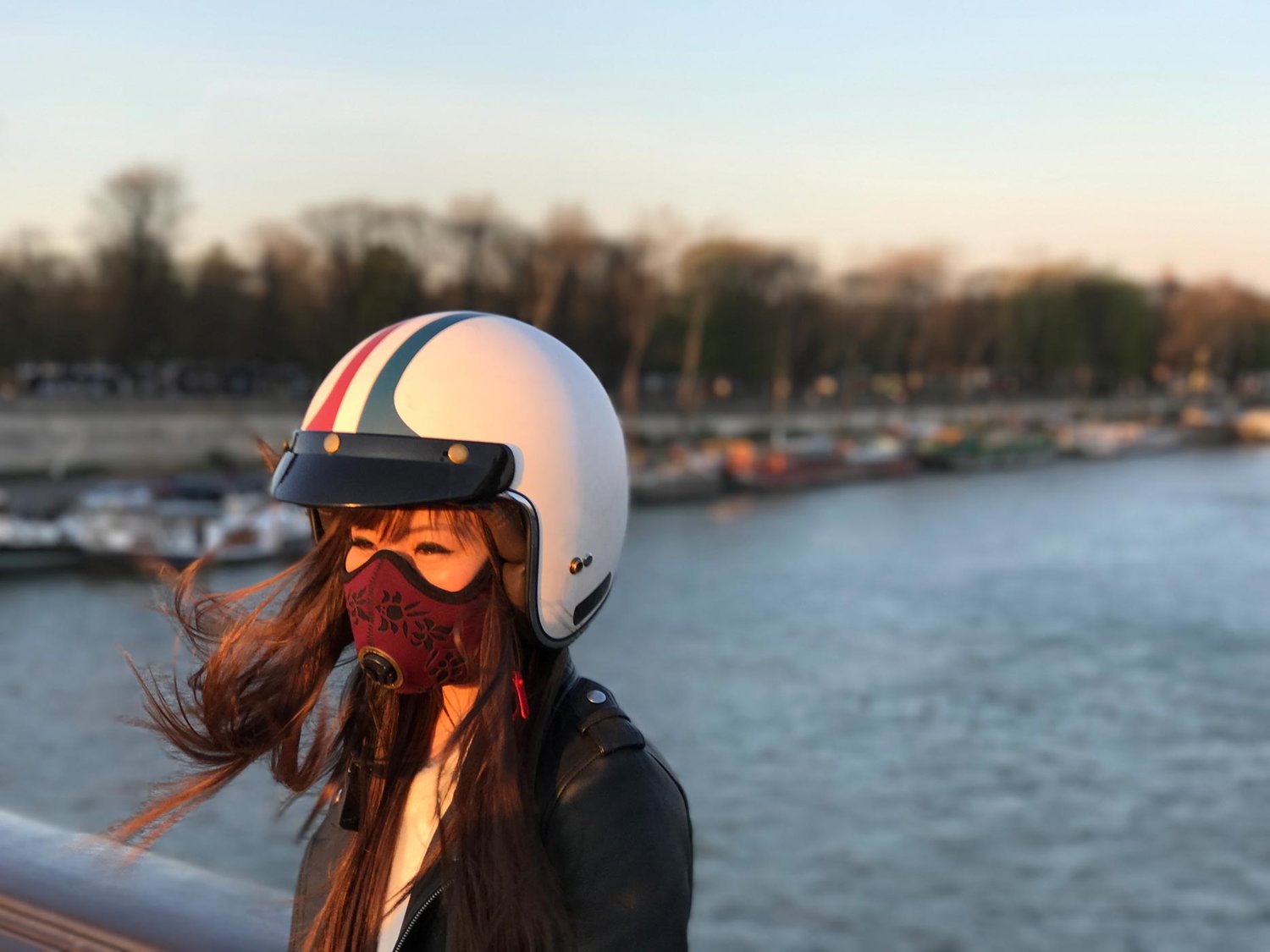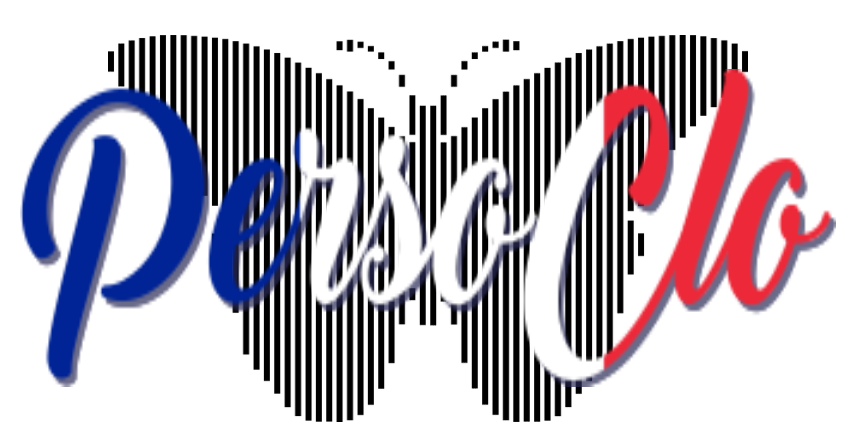
Recyclable and made in France, this mask protects bikers and cyclists from microparticles

Disappointed by the current pollution filters, two Frenchmen have designed a mask for motorcyclists and cyclists, R-PUR Nano. Packaged in an insertion and recyclable workshop, it filters out the smallest toxic particles in the air.

The R-PUR filter filters out toxic nanoparticles (Credit: R-PUR)
Throat irritated, runny nose, respiratory embarrassment … These evils related to air pollution, Matthieu Lecuyer and Flavien Hello, know them well. It was in Seoul, South Korea, that the two friends met. They then travel together to Asia and become aware of the harmful consequences of pollution.
Back in France, these two motorcycle enthusiasts settle in Paris, where they suffer the full impact of exposure to toxic micro-particles, when they borrow the device. They are not the only ones. Every year, air pollution causes 48,000 premature deaths in France. And road traffic is one of the main causes.
They decide to invest in anti-pollution masks, but the available offer disappoints them: “with some, one senses suffocation, contact with the face is non-existent, the metal ring at the nose is Painful, with the others it is the ears that suffer “. They also blame these masks for having too short a lifetime. “Some cost 30 or 40 euros but you have to throw them every two months …” says Flavien Hello.
The R-PUR Nano was designed for users of two wheels (Credit: R-PUR)
Manufactured in Nantes
In 2015, they leave their job to design a mask anti-pollution, the R-PUR Nano, “comfortable and made in France, designed for lovers of two wheels”. Two years later, in June 2017, the two entrepreneurs have just collected the 15 000 euros they solicited on the crowfunding platform Kickstarter. All in just 48 hours!
For the design of their mask, the two friends turned to Pierre Henry Bor, a young fashion designer, and chose technical textiles, including a neoprene, made in Switzerland and used by the army and haute couture.
“We wanted something breathing, to keep the air cool in the event of heat,” says Flavien Hello. “We’ve struggled to find the best materials, to the scratch that does not cling to clothing, Fasteners have been specially designed to allow a helmet to be worn over the mask. ”
The product is manufactured in France, in a workshop near Nantes. Finally, the masks are packaged in an ESAT (Establishment and Help Services by Labor) of the 13th arrondissement of Paris, which participates in the social and professional integration of people with disabilities.
A layer of mechanical and electrostatic filtration traps the nanoparticles
The mask includes a reusable part, that of neoprene. This water-repellent layer protects all dust and liquids and allows the mask to not “become clogged in the event of rain”.
Inside, a disposable filter consists of several layers: the first provides mechanical and electrostatic filtration, which traps particles up to 0.001 micrometer. “It should be known that the EN149-FFP3 standard, which is the highest European respiratory mask standard, requires only a maximum filtration of 0.4 micrometers,” says Flavien Hello.
The second contains activated carbon, which treats odors but also filters out hazardous particles such as volatile organic compounds (VOCs), sulfur dioxide and ozone. Finally, a fiber support allows the mask to withstand wear and not to moisten.
The hot air extraction valve allows 50% faster exhalation than with a conventional valve (Credit: R-PUR)
At the front of the mask, a patented hot air extraction valve allows 50% faster exhalation than with a conventional valve. “When you exhale, the mask stays dry, and the redirection of the hot air flows helps to prevent fogging on the visor or the glasses,” Flavien Hello said.
Interchangeable, the filter is replaced on average every 400 kilometers when traveling in agglomeration, every month and a half and can be brought back to the stores that distribute it for recycling. An application allows the user to indicate the number of kilometers he travels, in town and in the countryside, and to provide his GPS data. With this information, the application calculates the day on which the filter is to be changed.
According to the brand, the interchangeable part will cost between nine and thirteen euros, when the mask is released, scheduled for September. The mask, meanwhile, will be sold 89 euros in shop and by correspondence.
If R-PUR targets bikers and cyclists as a priority, it could also be useful for people

